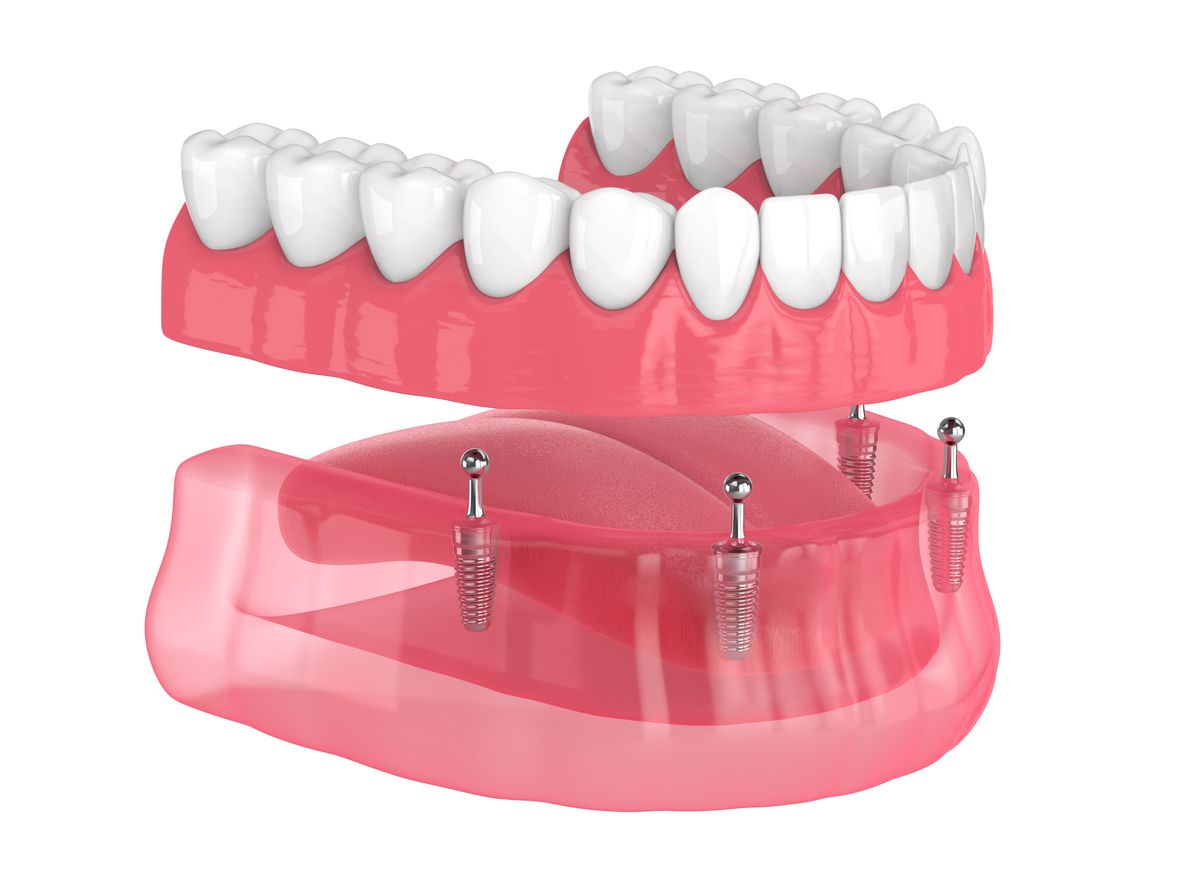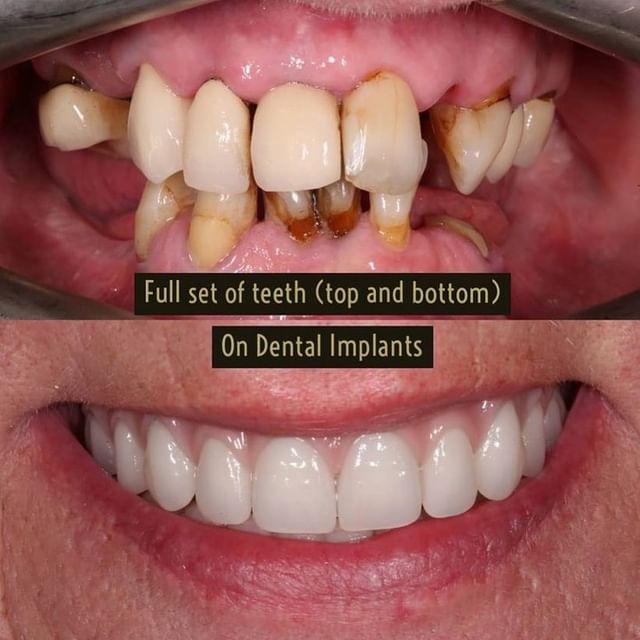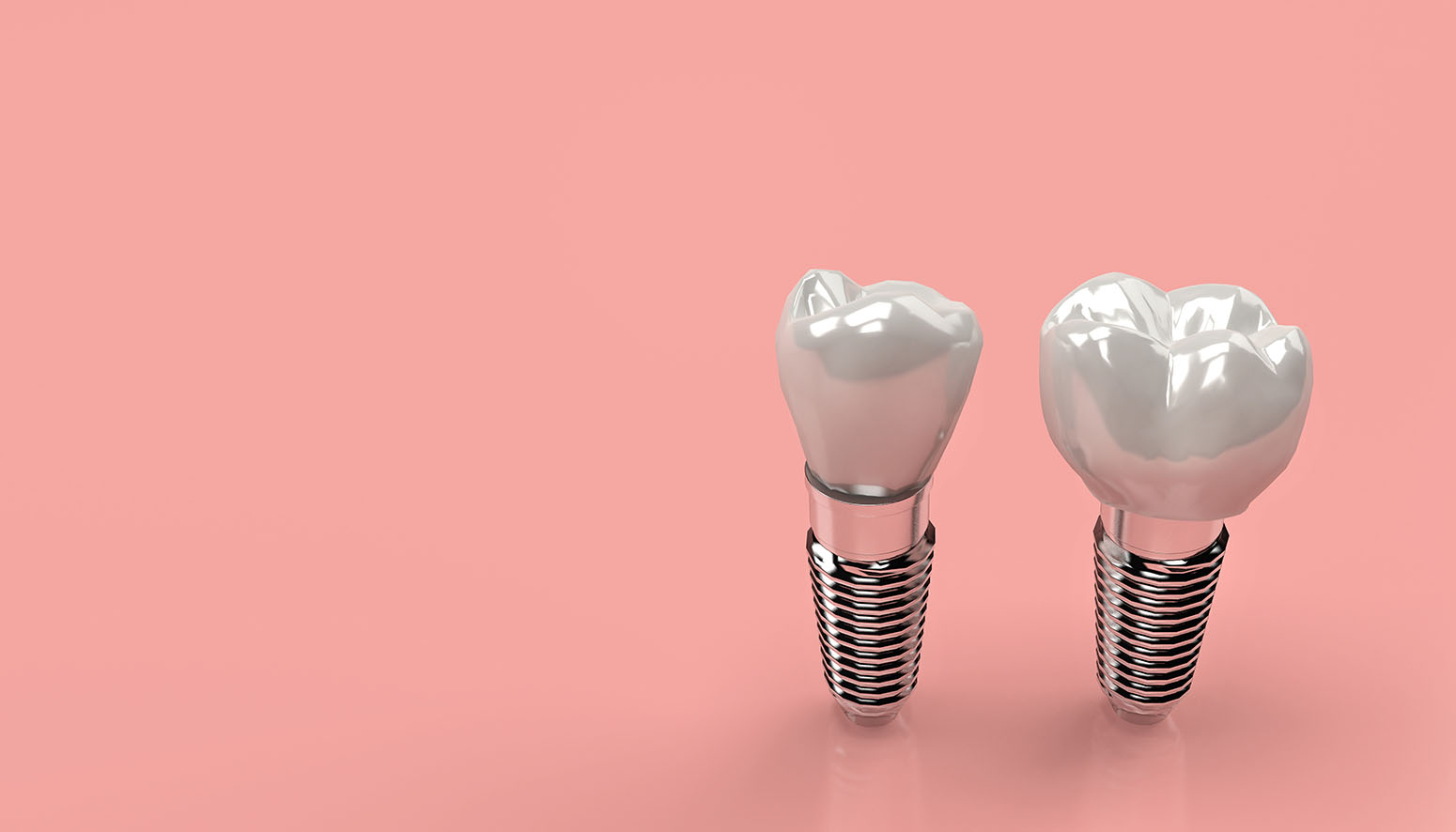What are Mini Dental Implants, How Do They Work & How They’re Used
- Do you have missing teeth?
- Do you currently wear dentures?
- Do you wish your dentures were more secure?
- Do you have insufficient bone mass in your jaw to hold conventional implants?
If you’ve answered “yes” to the above, mini dental implants might be the suitable prosthetic option to rebuild your smile.
Description of implants
Mini dental implants are made up of a one-piece titanium screw, less than 3mm in diameter, with a ball-shaped end that will protrude through the jaw and poke through the gums to hold a false tooth prosthetic in place.
Illustration of how mini dental implants work and attach to the jaw

How they differ
- Just as effective as conventional implants
- Smaller than traditional implants (the size of a toothpick)
- Take less time to place
As they’re much smaller, mini dental implants are placed using less-invasive techniques than conventional dental implant surgery. The tiny titanium screws are put over the gum surface when positioned into the bone, whereas conventional implants are implanted under the gums.
Facts about mini dental implants
- Mini implants are placed in one visit under local anaesthetic.
- No sutures or stitches are required.
- Mini dental implants boast a faster recovery time.
- Less jawbone density is required for placement.
- Bone grafting is not necessary for the mini-implant procedure.
- Mini dental implants are immediately-loaded, so you don’t have to wait for new teeth.
- Offer a more permanent solution to tooth loss than bridges or dentures.
- Mini implants are often used as a temporary measure and are not designed to replace extracted teeth permanently.
- Mini dental implants are often called temporary anchorage devices.
Explore other implant denture types or other implant solutions.
Why you would have mini implants over conventional types
Sometimes, not every missing teeth patient is a good candidate for conventional implants immediately.
For example, not every patient can undergo invasive surgeries, have enough time for repeat dental visits or have insufficient bone in the jaw to hold a full-sized implant securely.
In addition, the cost of mini implants also contributes to their rising popularity, as they’re much cheaper, costing from £700 to £1,200.
However, their lower price often reflects their inferiority to conventional implants.
For example, mini dental implants only have a 6-9-year success rate, a stark comparison to traditional implants, which can last 15-30 years.

Who can and cannot get mini dental implants
Sadly, mini dental implants are not suitable for everyone.
Who can’t get mini implants:
- Patients with diabetes or vascular diseases.
- Patients with bone disease or periodontitis (gum disease).
- Patients with conditions that affect or impact a wound or bone to heal.
Similarly, certain lifestyle factors might hinder your ability to get mini dental implants. For example, if you smoke, have limited oral hygiene or take medications that slow down healing.
While mini dental implants do not require as much jawbone density as conventional implants, some density is required, which means these implants will not work for patients with severe decay or bone loss. Patients experiencing gum recession or gum damage might also be unable to receive the treatment.
That said, you won’t know what prosthetic will work to rebuild and transform your smile without undergoing an implant consultation with a dentist, who will take all necessary scans to assess your viability for the procedure.


